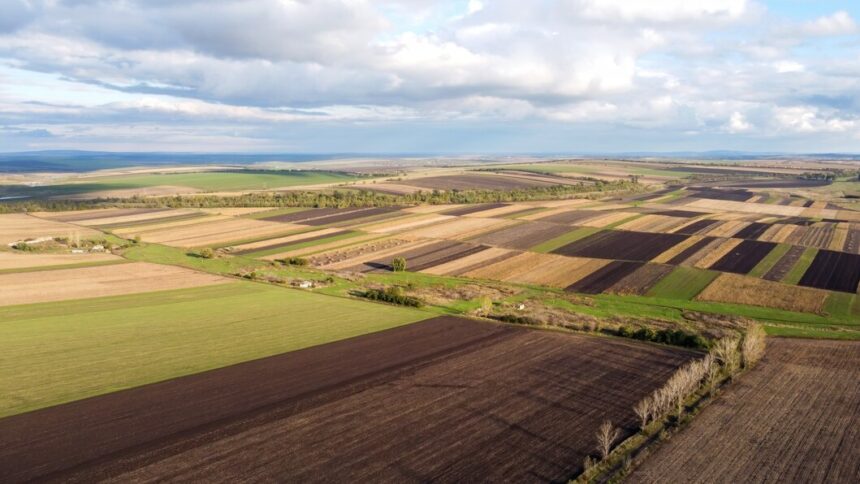Precision agriculture, often referred to as smart farming or satellite farming, is revolutionizing the way agriculture is practiced globally. South Africa, with its diverse climate and agricultural landscape, stands to benefit significantly from the adoption of precision agriculture techniques. By leveraging technology and data-driven approaches, farmers in South Africa can increase productivity, optimize resource use, and mitigate environmental impact. Here are 10 ways to implement precision agriculture in South Africa:
- Soil Mapping and Analysis: Utilize soil sensors and mapping technologies to understand soil variability across fields. This data can inform tailored fertilization and irrigation strategies, optimizing crop yields and minimizing input costs.
- Remote Sensing and Satellite Imagery: Employ satellite imagery and drones to monitor crop health, detect pests and diseases, and assess overall field conditions. This real-time data enables timely interventions, enhancing crop management practices.
- Variable Rate Technology (VRT): Implement VRT for precise application of inputs such as fertilizers, pesticides, and water. By adjusting application rates based on localized field conditions, farmers can optimize resource utilization and minimize waste.
- Precision Planting: Adopt precision planting techniques to ensure optimal seed placement, spacing, and depth. This promotes uniform crop emergence and maximizes yield potential while conserving seeds.
- Automated Machinery and Robotics: Integrate automation and robotics into farming operations for tasks such as planting, harvesting, and spraying. Automated machinery increases efficiency, reduces labor costs, and enables operations to be performed with greater precision.
- Data Analytics and Farm Management Software: Implement farm management software and analytics platforms to collect, analyze, and visualize data from various sources. These insights empower farmers to make data-driven decisions regarding planting schedules, input usage, and crop rotation strategies.
- Weather Monitoring and Forecasting: Utilize weather monitoring stations and predictive analytics to anticipate weather patterns and mitigate weather-related risks. Timely access to weather forecasts enables farmers to optimize irrigation schedules, protect crops from extreme conditions, and plan harvesting activities accordingly.
- Integrated Pest Management (IPM): Adopt IPM practices that combine biological, cultural, and chemical interventions to manage pests and diseases sustainably. Precision agriculture techniques can assist in identifying pest hotspots and implementing targeted control measures, reducing reliance on broad-spectrum pesticides.
- Water Management and Irrigation Efficiency: Implement precision irrigation systems, such as drip irrigation and soil moisture sensors, to optimize water usage. By delivering water directly to the root zone based on plant needs and soil moisture levels, farmers can conserve water resources and enhance crop yields.
- Crop Rotation and Nutrient Management: Implement strategic crop rotation practices to improve soil health and nutrient cycling. Precision agriculture tools can help monitor nutrient levels in the soil and guide decisions regarding fertilizer application and crop selection to maintain soil fertility and productivity.
In conclusion, the adoption of precision agriculture techniques holds immense potential for transforming the agricultural landscape in South Africa. By harnessing the power of technology, data, and innovation, farmers can increase productivity, profitability, and sustainability while contributing to food security and environmental stewardship. Embracing precision agriculture is not only essential for meeting the challenges of today but also for building a resilient and thriving agricultural sector for the future.
Join 'Farmers Mag' WhatsApp Channel
Get the latest Farming news and tips delivered straight to your WhatsApp
CLICK HERE TO JOIN






